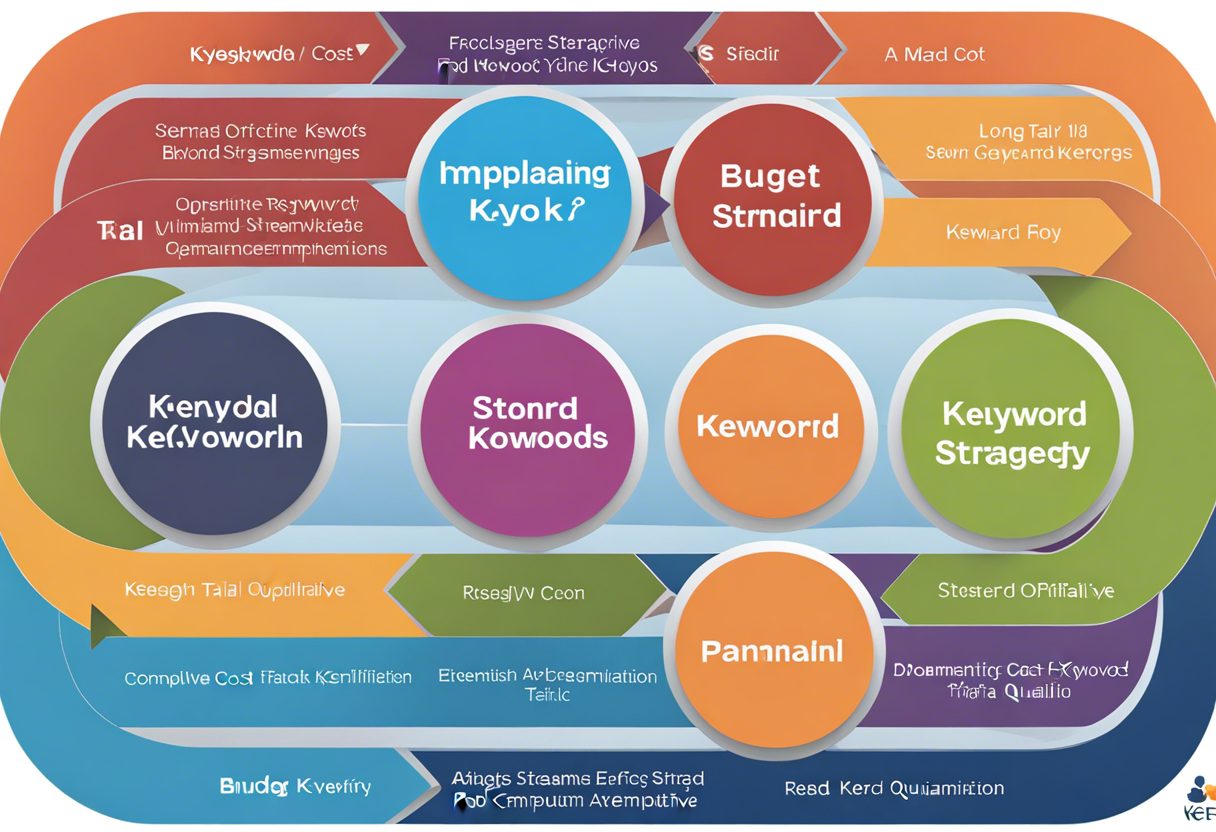Dominating Global Advertising: Five Proven Strategies for Optimizing Google Ads Budget Allocation
Understanding Google Ads and its importance are the preliminary steps to conquering advertising on Google. Google Ads, formerly known as Google AdWords, allows businesses to reach their customer base through online ads. While allocating budgets for Google Ads, it's important to consider a few key aspects. Firstly, define your advertising goals - whether it's driving traffic to your website or increasing awareness about your brand. Once the goals are clearly defined, you can allocate budgets more accurately. Additionally, understanding your audience's behaviors, needs, and preferences can help strategize the campaign.
Implementing Cost-Effective Keyword Strategies

Google Ads operates on the Pay-Per-Click (PPC) model, where businesses bid on keywords and pay for each click on their advertisements. Therefore, a streamlined keyword strategy is necessary for optimal budget allocation. Using keyword tools or Google's Keyword Planner can help identify cost-effective keywords. Instead of focusing on broad, standard keywords, consider long-tail keywords, which not only are less competitive but also more likely to drive qualified traffic.
Enhancing Quality Score

Google uses a metric referred to as Quality Score to evaluate the relevancy and quality of your ads and keywords. High Quality Scores can lead to lower costs and better ad positioning. To enhance your Quality Score, create compelling, relevant ad copy; build well-structured ad groups; ensure your landing page is relevant, user-friendly, and well-designed. Achieving a high Quality Score is one way to optimize your Google Ads budget effectively.
Utilizing Ad Extensions

Ad extensions contribute to the visibility of your Ads and directly impact the Click-Through-Rate (CTR) and Quality Score. Extensions like sitelinks, call extensions, or reviews can add more value and information to your ads without any additional costs. Allocating part of your budget to these high-performing extensions can drastically improve your Ad campaigns' performance, thereby ensuring a more effective Google Ads budget allocation.
Optimizing Ads for Mobile Users

With the drastic shift towards mobile browsing, optimizing Google Ads for mobile users has become crucial. Mobile optimization can lead to greater customer engagement. Ensure your websites are mobile-friendly and consider implementing mobile-specific Ad texts or extensions. Prioritizing mobile users in your budget allocation is a key strategy in the digital marketing landscape today.
A/B Testing: Constant Refinement for Success

Consistent testing and refinement are essential steps in optimizing your Google Ads budget. A/B testing allows businesses to run multiple versions of an Ad campaign, helping identify which variations perform better. Regularly monitoring the performance metrics like CTR, conversion rates can guide budget reallocation, adjusting the money spent towards higher-performing elements, thus ensuring a more optimized Google Ads budget.







